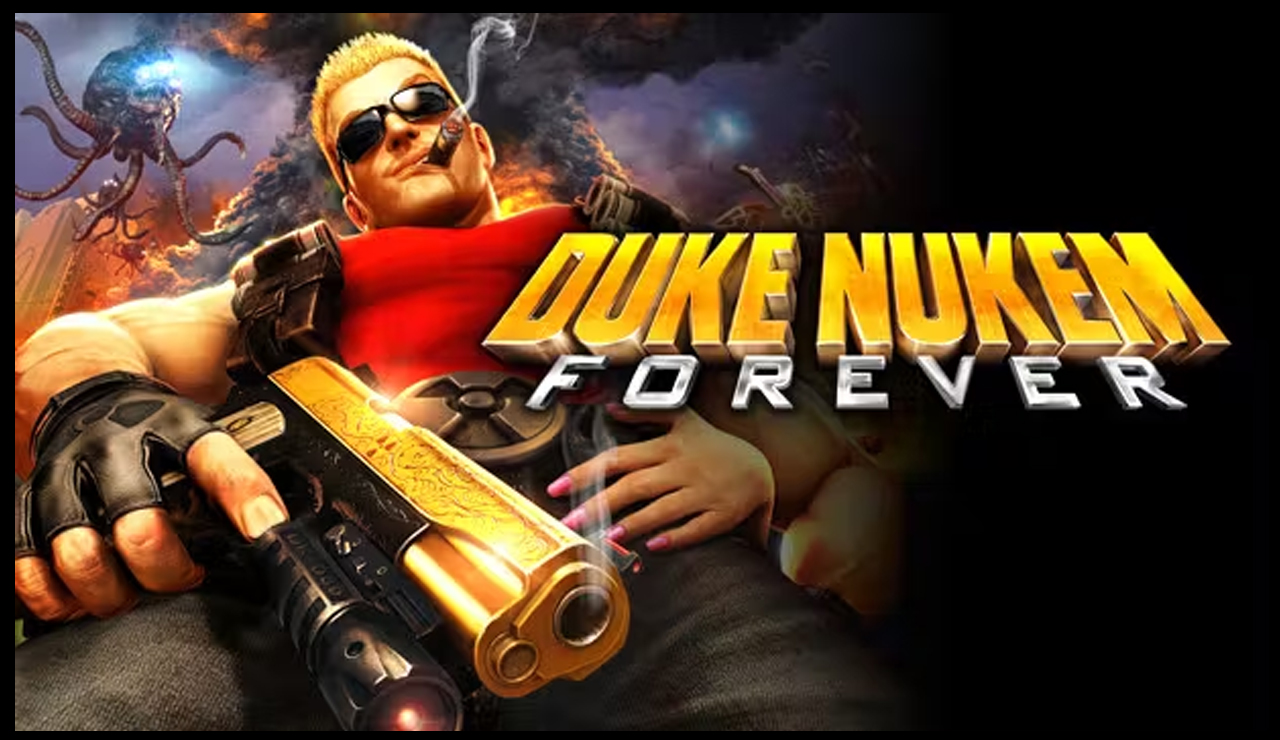
© © Gearbox
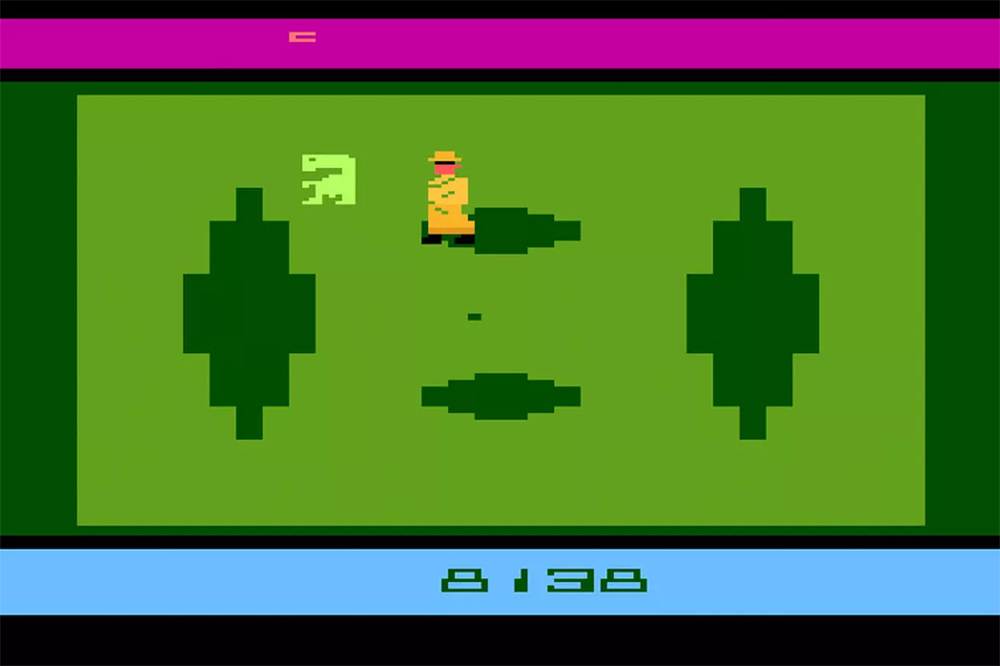
© © Wikipedia
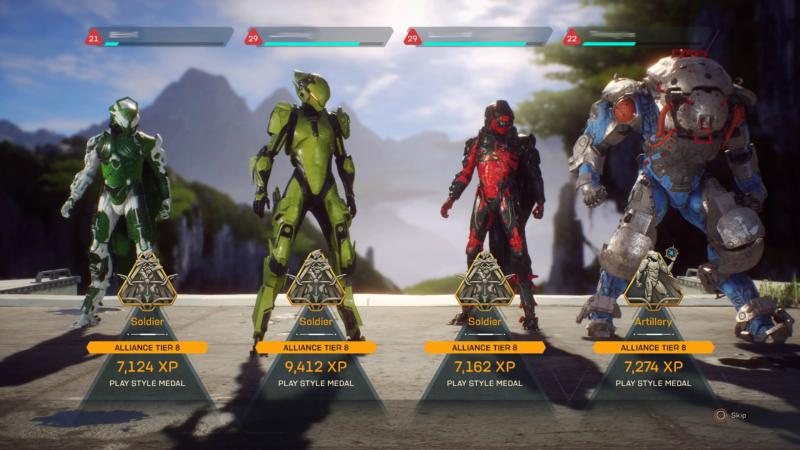
© © Amazon
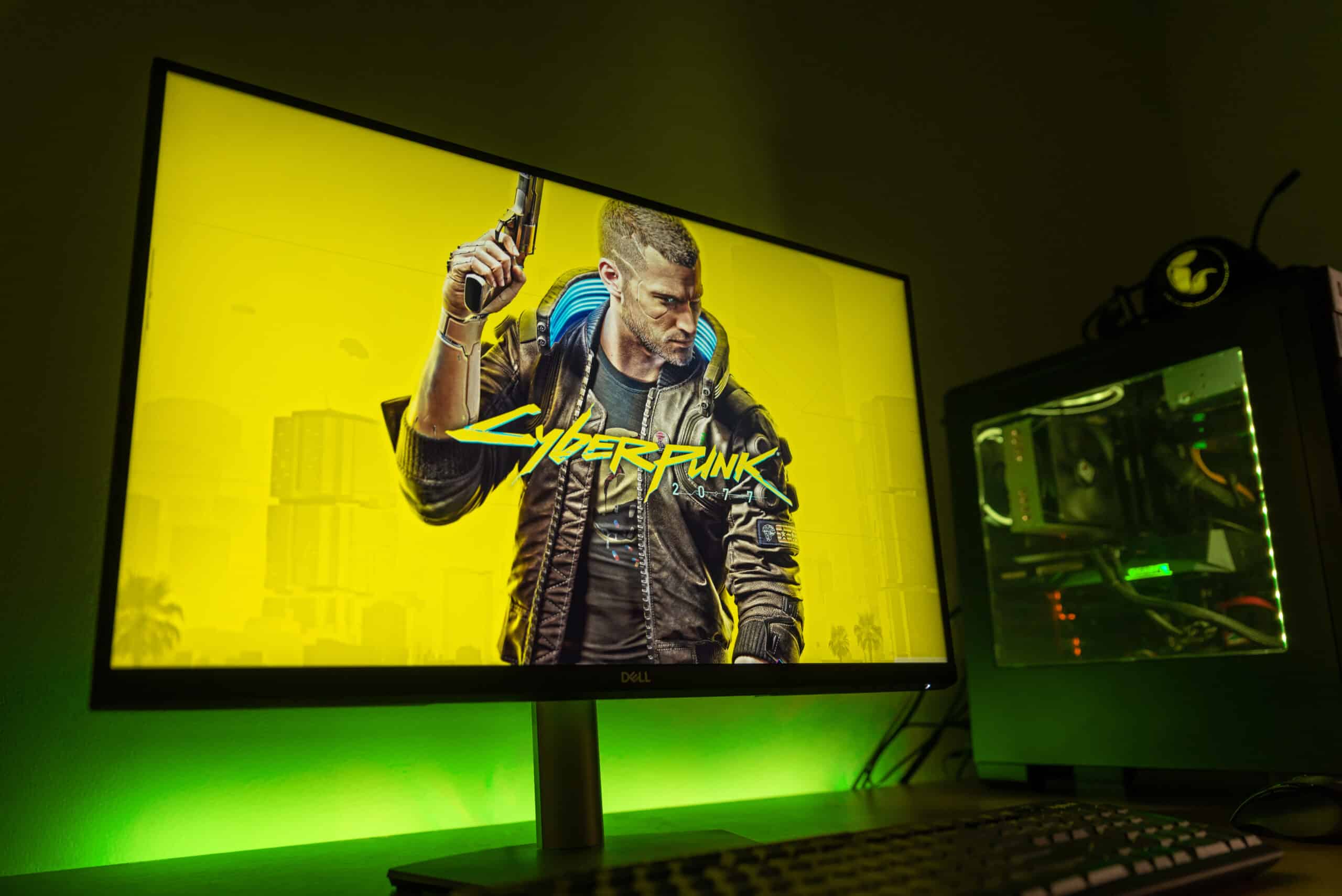
© RSplaneta/Shutterstock.com

© © Youtube
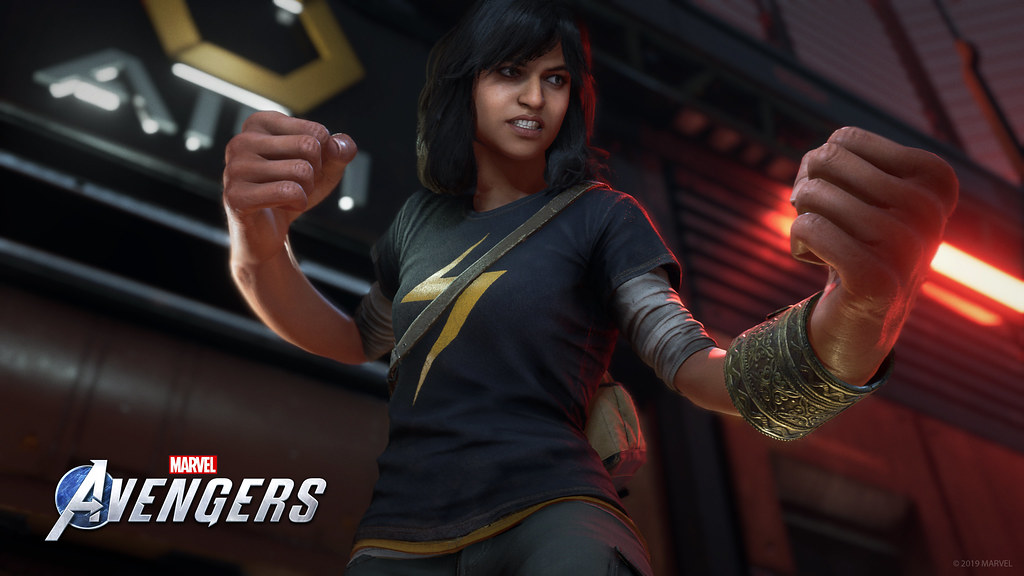
© “Marvels-Avengers-141019-005” by instacodez is licensed under PDM 1.0.
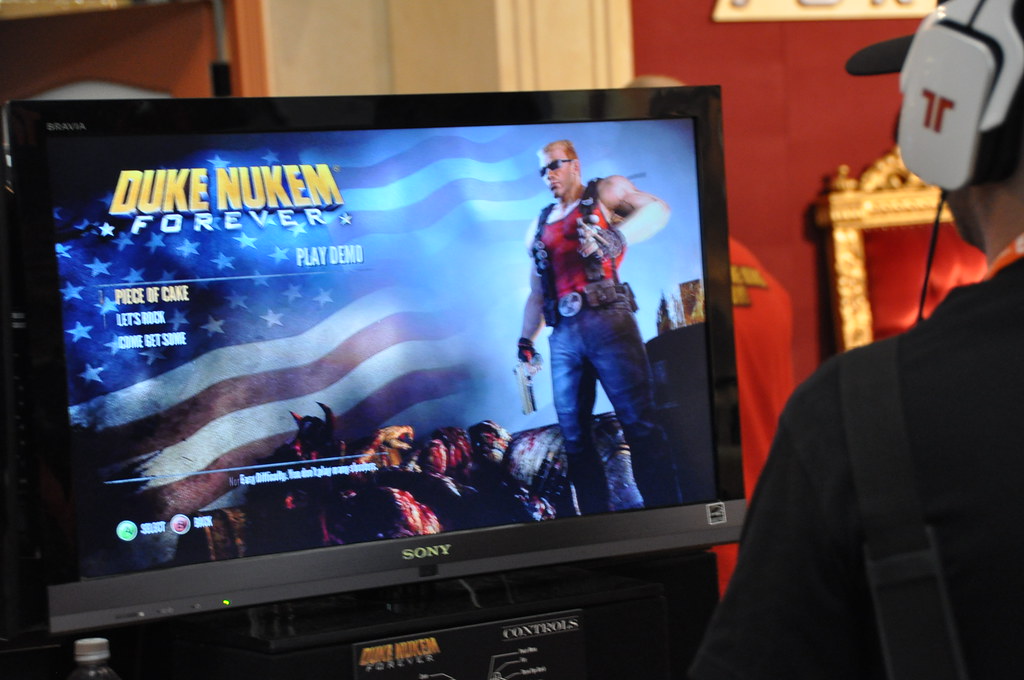
© “Duke Nukem Forever” by jameskm03 is licensed under BY-SA 2.0.
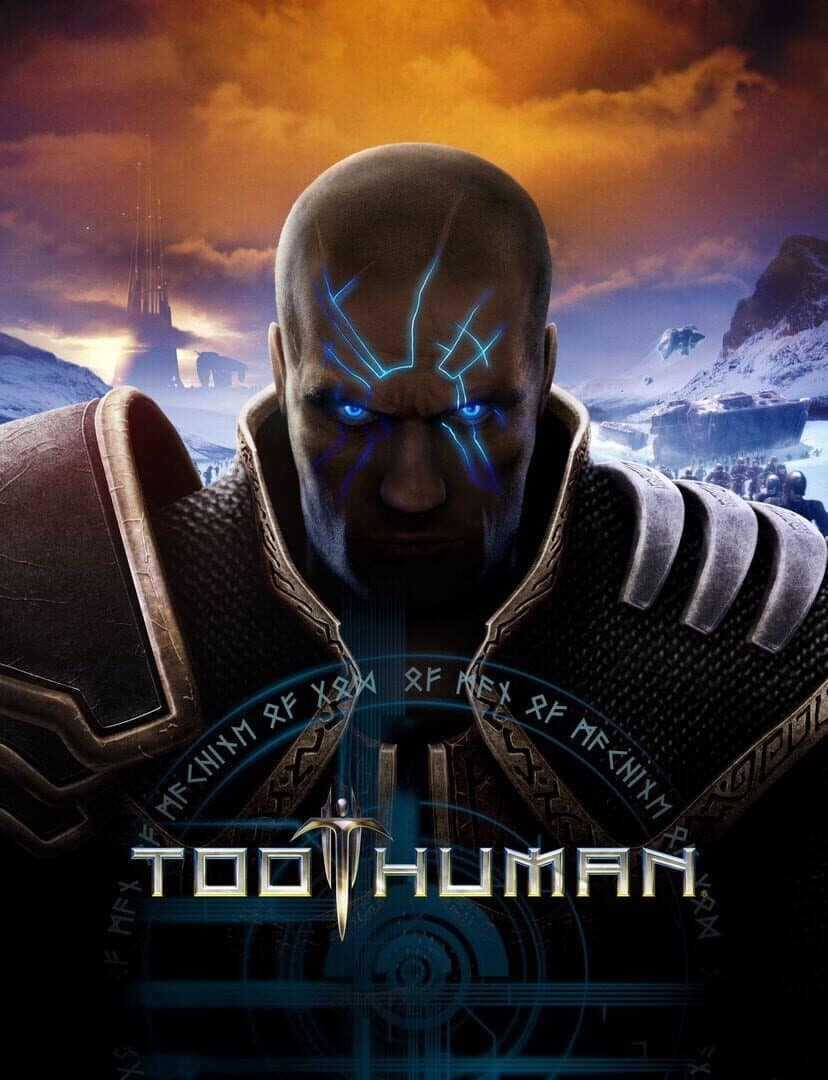
©
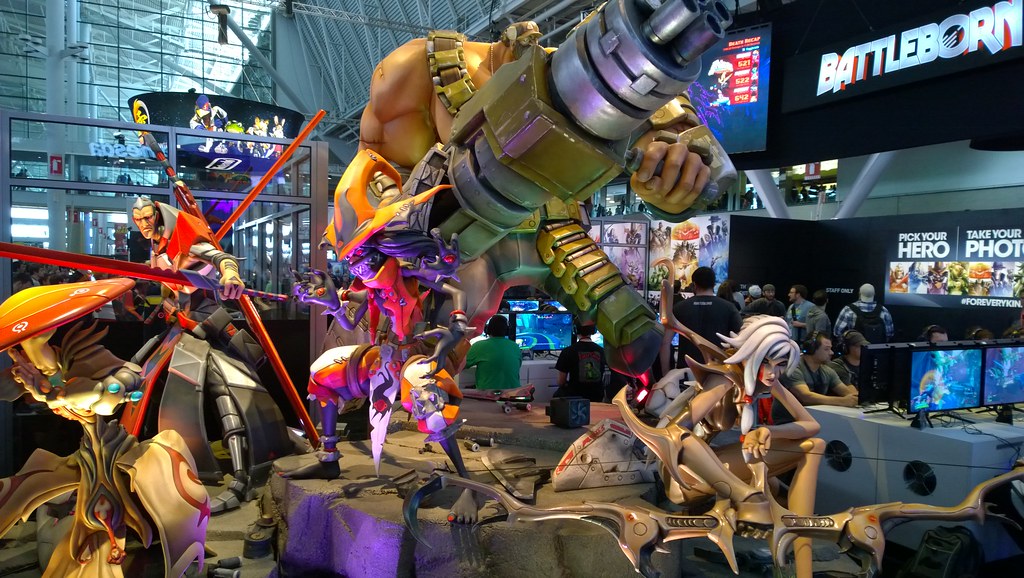
© “PAX East 2016: Battleborn statue booth” by Roth Sothy is licensed under BY-SA 2.0.
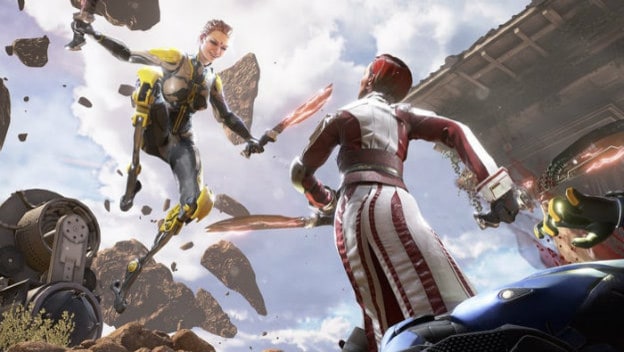
©
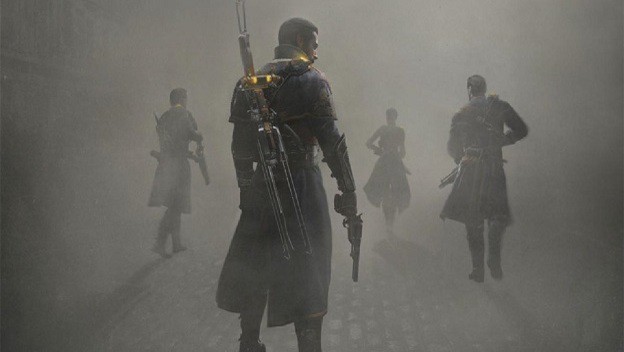
©

©

© © Steam
12 of the Biggest Video Game Flops of All Time
As any gamer knows, making a video game (especially a big-budget one) is no small feat. It takes years of development, massive teams of artists, engineers, writers, producers, and millions (sometimes hundreds of millions) of dollars. So when a game flops, it’s not just disappointing, it’s heartbreaking for both players and the people who built it. This gallery looks at some of the biggest flops in gaming history, not just because they were buggy or boring, but because they carried huge expectations and even bigger budgets.
Some of these titles, like Anthem or Cyberpunk 2077, were hyped for years before launch, only to stumble out of the gate with technical issues or poor design decisions. Others, like Daikatana or Too Human, suffered from development hell and never recovered. And then there are the truly infamous, like E.T. for the Atari 2600, a game so rushed it helped crash the entire industry in the early ’80s.
These flops remind us how high the stakes are in game development. One misstep in direction, scope, or timing can sink even the most promising projects. Whether you love them, hate them, or secretly still own the cartridge, these are the games that couldn’t quite live up to the hype.
E.T. the Extra-Terrestrial (Atari 2600, 1982, ~$100 million)
Developed by Atari in just five weeks to meet holiday demand, E.T. is considered the worst video game ever made. The gameplay was confusing and nearly unplayable, leading to massive returns. Millions of unsold cartridges were famously buried in a New Mexico landfill. The failure is often cited as a major cause of the 1983 video game crash. It remains a symbol of rushed development and poor quality control.
Anthem (PC/PS4/Xbox One, 2019, ~$100+ million)
Developed by BioWare and published by EA, Anthem was hyped as a live-service sci-fi RPG. But upon release, it was plagued with bugs, repetitive missions, and a lack of endgame content. Development struggles and last-minute changes led to a disjointed experience. Despite patches and a promised reboot, the game was abandoned in 2021. It became a cautionary tale about over-promising in modern AAA games.
Cyberpunk 2077 (PC/PS4/Xbox One, 2020, ~$50+ million in refunds and reputational loss)
Cyberpunk 2077 was one of the most anticipated games of the decade, developed by CD Projekt Red. But its 2020 launch was marred by major performance issues, especially on older consoles. Glitches, crashes, and missing features sparked global backlash and mass refund demands. Sony even pulled it from the PlayStation Store temporarily. Although post-launch patches improved it, the damage to the studio’s reputation was significant.
Daikatana (PC, 2000, ~$25 million)
John Romero’s Daikatana became infamous for its overhyped marketing and delayed release. The game, developed by Ion Storm, failed to deliver compelling gameplay or graphics. Its AI and level design were heavily criticized. Despite Romero’s pedigree from Doom and Quake, Daikatana was a critical and commercial failure. Its legacy lives on as a meme in gaming history.
Marvel’s Avengers (PC/PS4/Xbox One, 2020, ~$63 million)
Marvel’s Avengers was developed by Crystal Dynamics and backed by the Marvel license. Despite a strong campaign, its repetitive gameplay, shallow live-service design, and technical issues disappointed players. Sales underperformed and player counts dropped quickly. Expansions failed to reignite interest. Square Enix reported a significant loss tied to the game.
Duke Nukem Forever (PC/PS3/Xbox 360, 2011, ~$20–30 million)
After years of delays and a troubled development cycle, Duke Nukem Forever finally launched in 2011 after 15 years. Critics slammed its outdated gameplay, immature humor, and poor visuals. It failed to live up to the franchise’s legacy. Developed by 3D Realms and finished by Gearbox, it quickly faded into obscurity.
Too Human (Xbox 360, 2008, ~$40+ million)
Too Human was an ambitious action-RPG by Silicon Knights meant to start a trilogy. Its troubled development lasted nearly a decade. The final game received mixed reviews and suffered poor sales. Legal battles with Epic Games over Unreal Engine licensing further damaged the studio. The sequel was canceled and the game was pulled from stores.
Battleborn (PC/PS4/Xbox One, 2016, ~$70 million)
Battleborn was Gearbox’s attempt at mixing MOBA elements with FPS gameplay. Released around the same time as Blizzard’s Overwatch, it was quickly overshadowed. Confusing mechanics, poor marketing, and a crowded market contributed to its flop. Servers were shut down in 2021, just five years after launch.
LawBreakers (PC/PS4, 2017, ~$30–40 million)
LawBreakers was developed by Boss Key Productions, led by Cliff Bleszinski of Gears of War fame. Despite solid mechanics, it failed to find an audience. Released in a market dominated by Overwatch and PUBG, it lacked identity and buzz. It shut down less than a year after launch, leading to the studio’s closure.
The Order: 1886 (PS4, 2015, ~$100 million estimated dev cost, poor sales)
The Order: 1886 was a visually stunning game exclusive to PS4. However, its short length, limited gameplay, and lack of replay value drew heavy criticism. Developed by Ready at Dawn, it failed to justify its blockbuster budget. No sequels were greenlit despite its cinematic ambitions.
APB: All Points Bulletin (PC, 2010, ~$100 million)
APB was a massively multiplayer online game developed by Realtime Worlds. It aimed to combine GTA-style action with MMO elements. After years of development and a massive budget, it launched with numerous issues and poor gameplay. The company went bankrupt shortly after, and the game was eventually relaunched as a free-to-play title by another publisher.
Balan Wonderworld (PC/PS4/PS5/Xbox, 2021, unknown exact loss, major flop)
Balan Wonderworld was developed by Balan Company and published by Square Enix, led by Sonic co-creator Yuji Naka. Its outdated design, confusing controls, and poor critical reception made it one of 2021’s biggest flops. Yuji Naka later left the company and sued Square Enix. It failed to gain traction with any audience.
The image featured at the top of this post is ©© Gearbox
